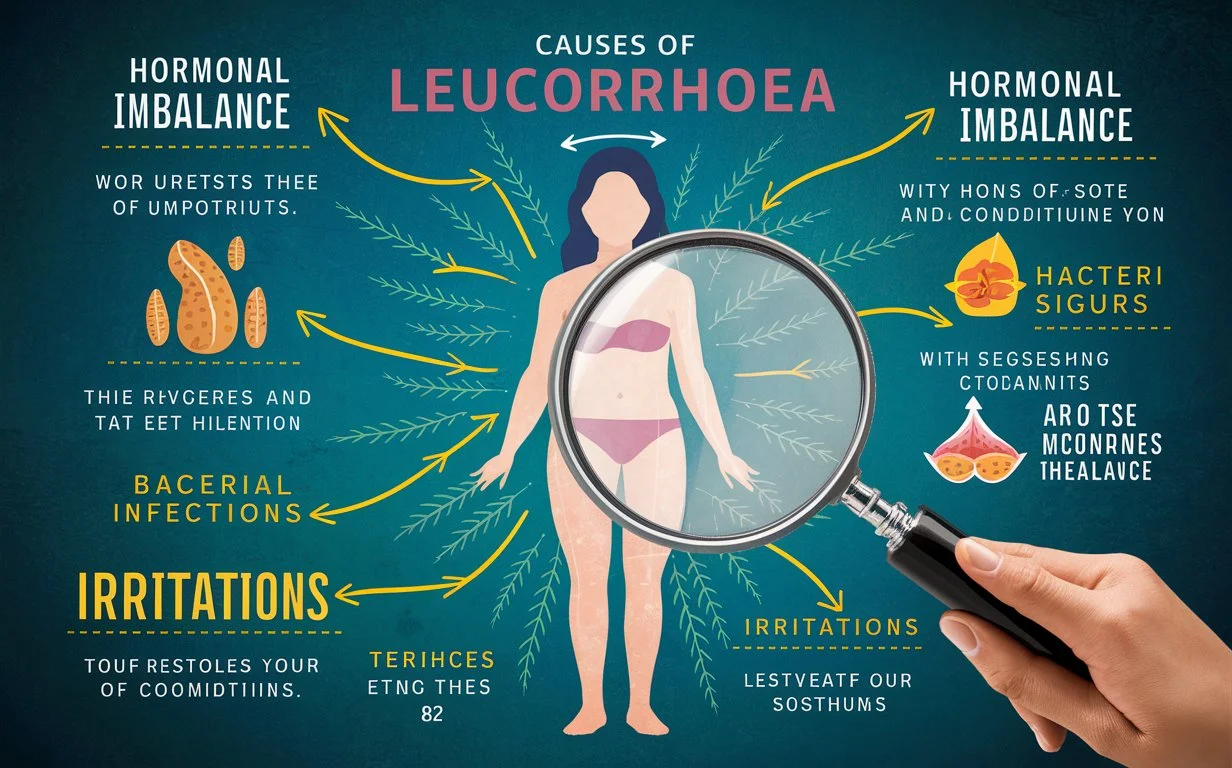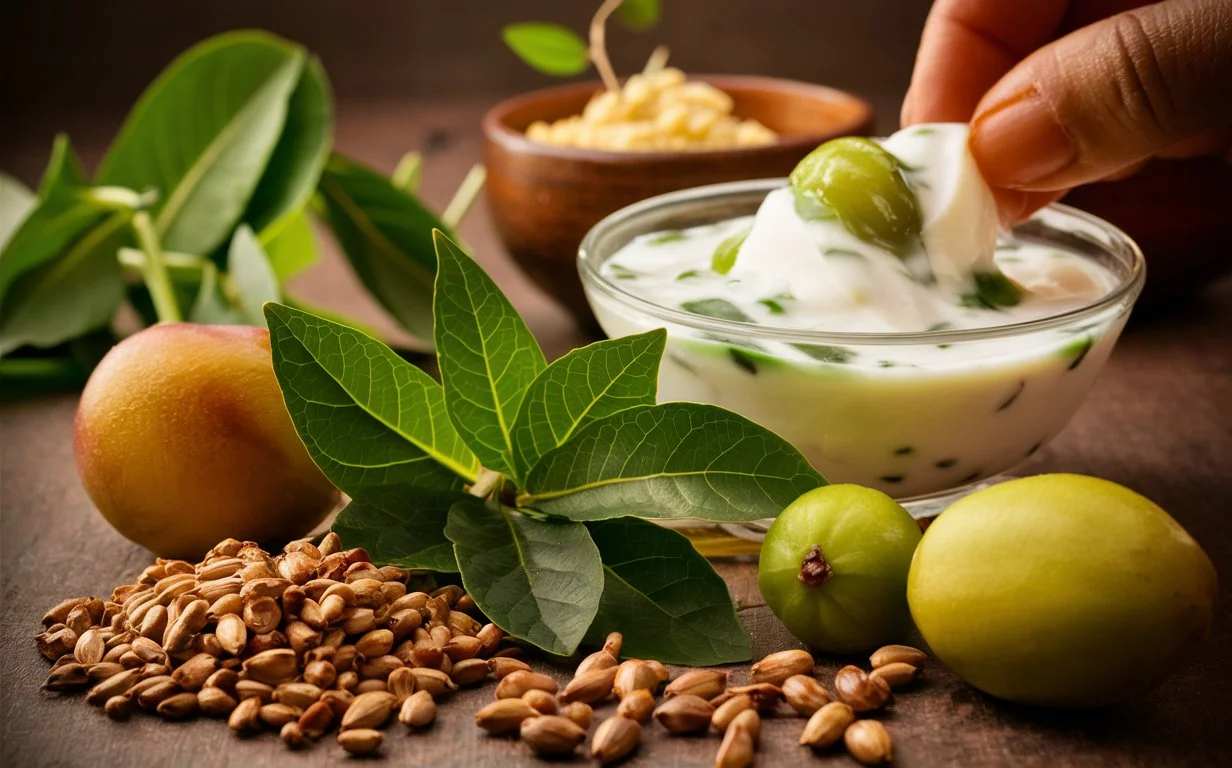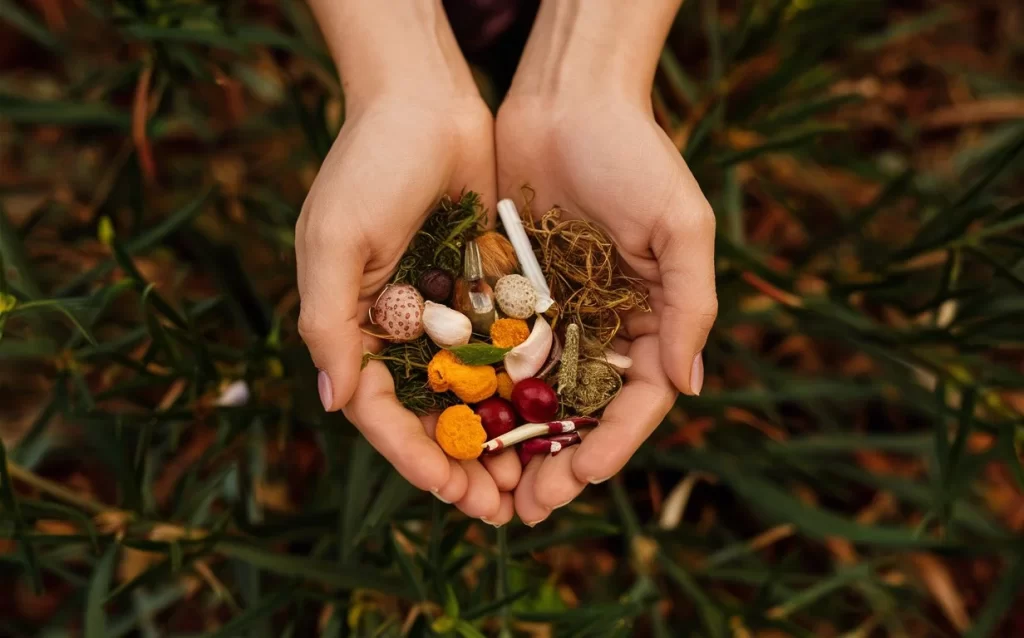Leucorrhoea Medical Treatment: Effective Strategies and Solutions
Leucorrhoea, also known as vaginal discharge, is a common condition among women characterized by abnormal vaginal discharge. While some amount of vaginal discharge is normal, an excessive or unusual discharge accompanied by other symptoms may indicate an underlying health issue. In this article, we will explore the various Leucorrhoea Medical Treatment available for leucorrhoea, along with home remedies, lifestyle changes, dietary recommendations, and alternative therapies to manage and alleviate its symptoms effectively.

Causes of Leucorrhoea
Bacterial Infections
Bacterial vaginosis (BV) is a common bacterial infection that can cause abnormal vaginal discharge. It occurs when there is an imbalance in the vaginal flora, leading to an overgrowth of harmful bacteria.
Fungal Infections
Candidiasis, commonly known as a yeast infection, is caused by an overgrowth of the fungus Candida albicans in the vagina. It can result in thick, white discharge with a cottage cheese-like consistency.
Sexually transmitted infections
Sexually transmitted infections (STIs) such as trichomoniasis can cause abnormal vaginal discharge accompanied by itching, burning, and redness. These infections are typically transmitted through sexual contact.
Symptoms of Leucorrhoea
The primary symptom of leucorrhoea is abnormal vaginal discharge, which may vary in color, consistency, and odor. Other common symptoms include:
- Pain or discomfort in the pelvic region
- Itching and irritation in the vaginal area
- Redness and swelling of the vulva
- Burning sensation during urination or intercourse
Medical Treatments for Leucorrhoea
Leucorrhoea Medical Treatment for leucorrhoea depends on the underlying cause and may include the following:
Antibiotics
For bacterial infections such as bacterial vaginosis, antibiotics like metronidazole or clindamycin may be prescribed to eliminate the harmful bacteria and restore the balance of vaginal flora.
Antifungal Medications
Antifungal medications such as fluconazole or miconazole are commonly used to treat fungal infections like candidiasis. These medications work by killing the fungus responsible for the infection.
Antiviral Medications
In cases of viral infections such as herpes simplex virus (HSV), antiviral medications like acyclovir or valacyclovir may be prescribed to reduce the severity and duration of symptoms.
Hormonal Therapy
Hormonal imbalances, such as those caused by menopause or hormonal contraceptives, can contribute to leucorrhoea. Hormonal therapy may be recommended to regulate hormone levels and alleviate symptoms.
Home Remedies for Leucorrhoea
In addition to Leucorrhoea Medical Treatment, certain home remedies can help manage the symptoms of leucorrhoea naturally. These include:
Yogurt
Probiotic-rich yogurt can help restore the balance of good bacteria in the vagina and prevent infections.
Fenugreek Seeds
Drinking fenugreek seed water or applying fenugreek paste to the vaginal area can help reduce inflammation and irritation.
Neem
Neem has antibacterial and antifungal properties that can help fight off infections and promote healing.
Amla
Consuming amla (Indian gooseberry) or applying amla paste to the vaginal area can help boost immunity and prevent infections.


Lifestyle Changes to Manage Leucorrhoea
Making certain lifestyle changes can also help manage leucorrhoea and prevent its recurrence. These include:
- Maintain Hygiene: Practice good hygiene habits, such as washing the vaginal area with mild soap and water daily.
- Wear Breathable Fabrics: Avoid tight-fitting clothing and synthetic fabrics, which can trap moisture and promote bacterial growth.
- Avoid Douching: Douching disrupts the natural balance of vaginal flora and can increase the risk of infections.
- Manage Stress: High levels of stress can weaken the immune system and increase the risk of infections. Practice stress-reducing techniques such as meditation, yoga, or deep breathing exercises.
Dietary Recommendations for Leucorrhoea
A healthy diet plays a crucial role in managing leucorrhoea and supporting overall vaginal health. Some dietary recommendations include:
- Increase Water Intake: Staying hydrated helps flush out toxins from the body and maintain vaginal moisture.
- Consume Vitamin C-rich Foods: Vitamin C boosts immunity and helps fight off infections. Include citrus fruits, bell peppers, and leafy greens in your diet.
- Include Probiotics in Diet: Probiotic-rich foods like yogurt, kefir, and fermented vegetables help maintain a healthy balance of vaginal flora.
- Avoid Sugary Foods: Excessive sugar consumption can promote the growth of harmful bacteria and yeast in the vagina. Limit your intake of sugary foods and drinks.


Alternative Therapies for Leucorrhoea
In addition to conventional Leucorrhoea Medical Treatment, some women may find relief from leucorrhoea symptoms through alternative therapies such as:
- Ayurvedic Treatments: Ayurvedic herbs and remedies like ashwagandha, shatavari, and triphala may help balance hormones and improve vaginal health.
- Homeopathy: Homeopathic remedies like sepia, pulsatilla, and kreosotum are often used to treat leucorrhoea symptoms based on individual symptoms and constitution.
- Acupuncture: Acupuncture therapy may help regulate hormone levels and alleviate symptoms of leucorrhoea by stimulating specific acupoints related to reproductive health.
- Herbal Supplements: Herbal supplements containing ingredients like garlic, turmeric, and cranberry extract may have antibacterial and anti-inflammatory properties that support vaginal health.
Precautions and Prevention Tips
To prevent leucorrhoea and reduce the risk of recurrent infections, follow these precautions:
- Practice safe sex by using condoms to prevent the transmission of STIs.
- Schedule regular gynecological check-ups to monitor your vaginal health and address any underlying issues.
- Maintain a balanced diet rich in fruits, vegetables, whole grains, and lean proteins to support overall health and immunity.
- Practice good hygiene habits, such as wearing clean underwear, avoiding scented feminine hygiene products, and changing out of wet clothing promptly.

Choosing Premium Supplements from Warsan Homeopathic
At Warsan Homeopathic, we’re committed to providing men with premium-quality best vitamin supplements for men that address their unique health needs. Our extensive range of vitamin and herbal formulations undergoes strict quality control measures to ensure purity, potency, and safety. Whether you’re looking to support muscle health, boost cardiovascular function, enhance cognitive performance, or improve sexual vitality, we have a solution for you. With Warsan Homeopathic, you can trust that you’re investing in your health and well-being.

Conclusion
Leucorrhoea is a common condition among women characterized by abnormal vaginal discharge. While it can be uncomfortable and embarrassing, effective Leucorrhoea Medical Treatment, home remedies, lifestyle changes, dietary modifications, and alternative therapies can help manage its symptoms and promote vaginal health. By adopting a holistic approach to treatment and prevention, women can experience relief from leucorrhoea and enjoy improved overall well-being.
FAQ's
While vaginal discharge can increase during pregnancy due to hormonal changes, leucorrhoea alone is not a reliable indicator of pregnancy. It is essential to take a pregnancy test and consult with a healthcare provider for confirmation.
Leucorrhoea itself is not contagious, but certain underlying infections that cause it, such as bacterial vaginosis or sexually transmitted infections, can be transmitted through sexual contact.
The treatment and management of leucorrhoea depend on its underlying cause. While some cases may be cured with appropriate medical treatment and lifestyle changes, others may require ongoing management to prevent recurrence.
Over-the-counter medications such as vaginal antifungal creams or suppositories may provide temporary relief from leucorrhoea symptoms caused by fungal infections. However, it is essential to consult with a healthcare provider for proper diagnosis and treatment.
If you experience persistent or recurrent symptoms of leucorrhoea, such as abnormal vaginal discharge, itching, burning, or discomfort, it is important to consult with a healthcare provider for evaluation and appropriate treatment.


